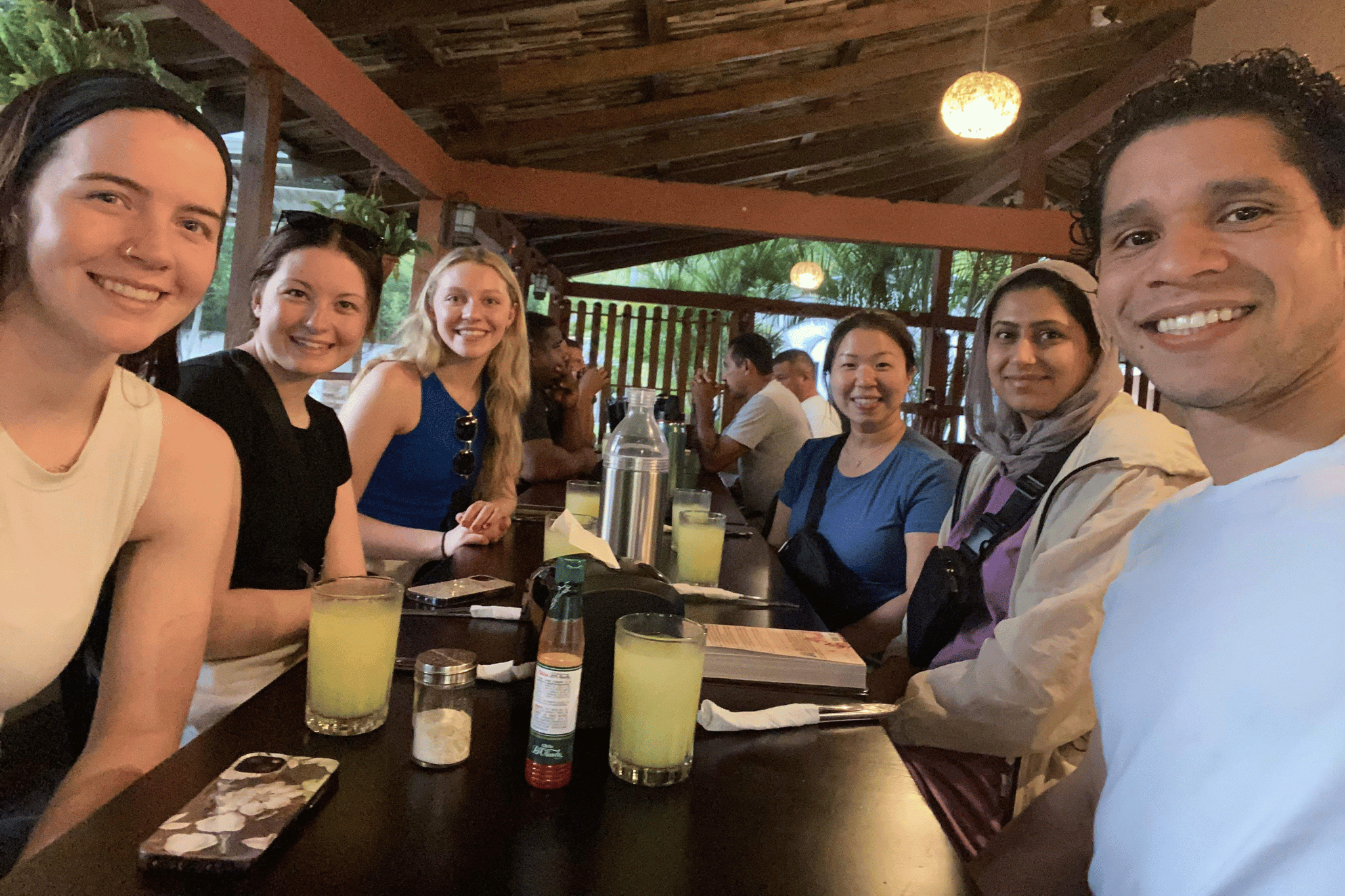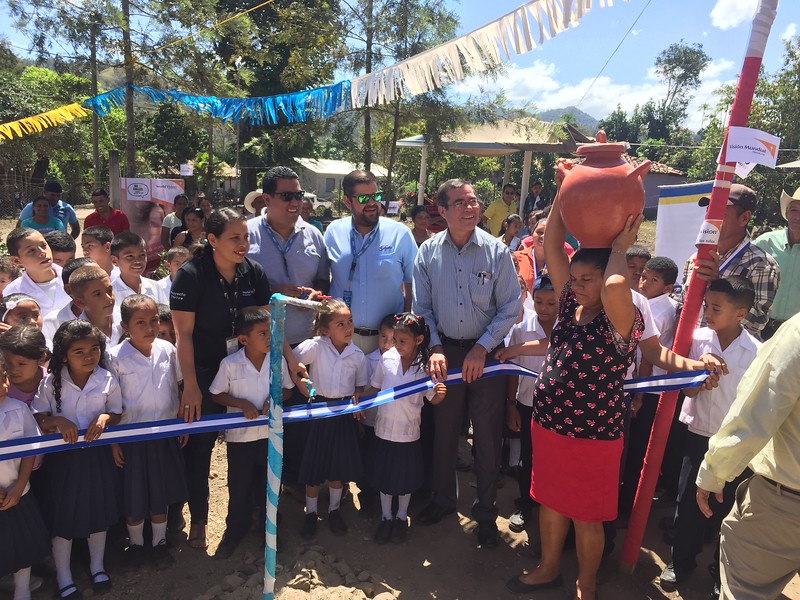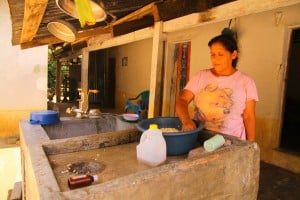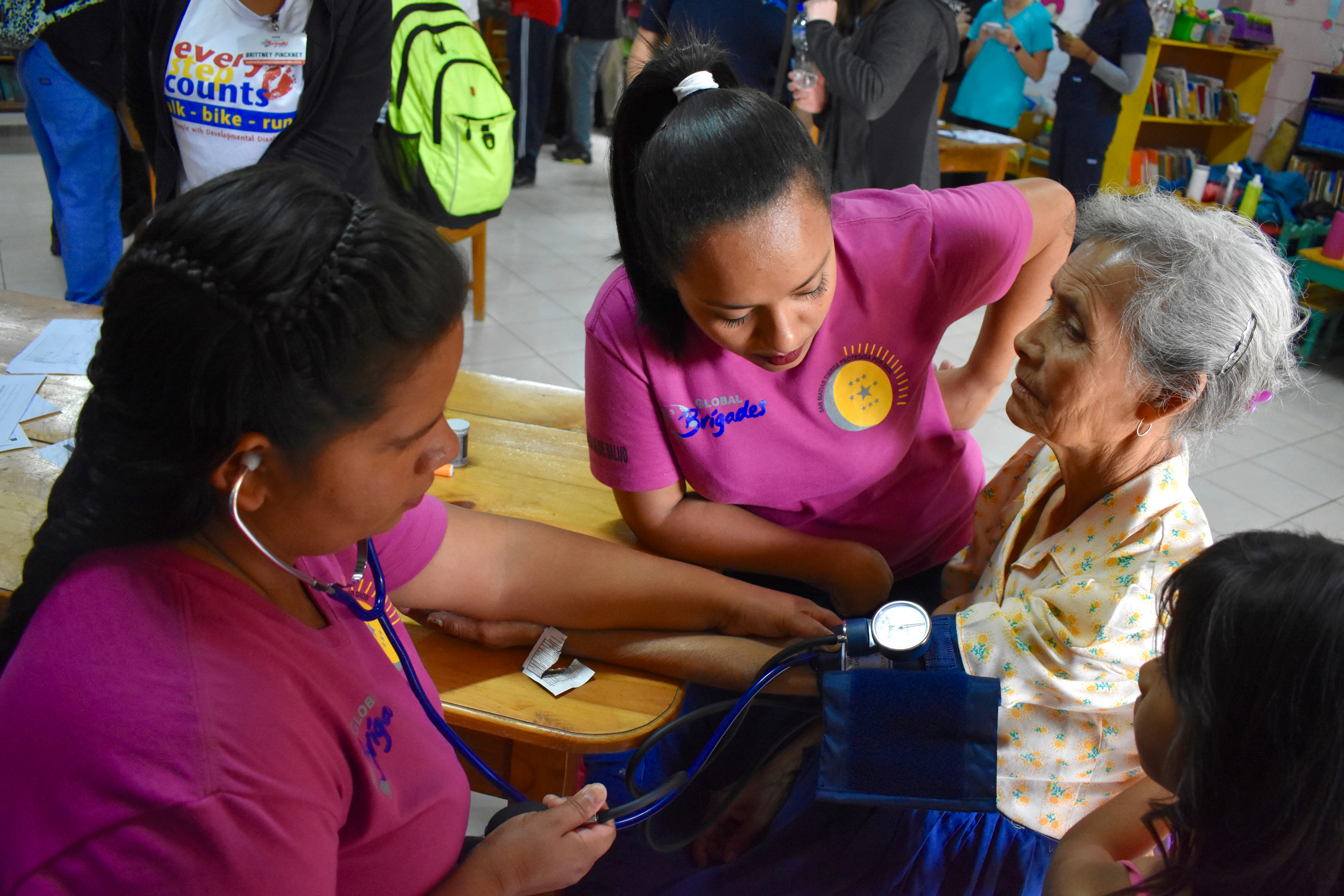International volunteering can be very rewarding, but it’s important to stay healthy, both physically and mentally, before and during your work to get the most out of your experience abroad. We’ve put together some practical tips on how to prepare and stay healthy when volunteering internationally, including navigating the effects of culture shock.
Before You Go
How should I prepare for volunteering abroad? Before volunteering abroad, even if it’s short-term, do your research. Make sure you have the necessary documents and vaccinations, pack appropriately, and take steps to make effective use of your time.
For example, learning more about a place before you go will lead to a more meaningful volunteer experience for you and a more positive impact on the folks you partner with.
What are health risks of volunteering abroad, and how can I mitigate them? Possible health risks of any travel include infectious diseases and food and waterborne illnesses. You can mitigate these by getting the required and recommended vaccinations, using insect repellent, drinking safe water, practicing good hygiene, and avoiding risky foods.
At Global Medical Brigades, our prep work with volunteers is extremely thorough. We want all of our volunteers to feel safe and secure for life-changing experiences within our partner communities.
Get Your Vaccinations
Some countries require certain vaccinations to gain entry or to acquire visas. Others may recommend vaccines to cover health concerns that are more prevalent in that country.
The Centers for Disease Control and Prevention (CDC) is a good resource for both required and recommended vaccines by country, whether you’re traveling to Africa, Central America, or Europe. Your volunteer organization should also provide guidance well ahead of travel.
We recommend that our volunteers start with routine vaccines recommended by the CDC. That includes chickenpox, diphtheria-tetanus-pertussis, flu, measles-mumps-rubella (MMR), polio, and shingles.
Here is a list of additional recommended vaccines in several countries we partner with on brigades:
- Ghana: Hepatitis A, hepatitis B, typhoid, yellow fever
- Greece: Hepatitis B
- Guatemala: Hepatitis A, hepatitis B, typhoid, yellow fever if traveling from a country where it’s present or yellow fever vaccines are required
- Honduras: Hepatitis A, hepatitis B, typhoid, yellow fever if traveling from a country where it’s present or yellow fever vaccines are required
- Panama: Hepatitis A, hepatitis B, typhoid, yellow fever if traveling from a country where it’s present or yellow fever vaccines are required
Talk to your primary care physician for additional recommendations and about your vaccine history. You want to ensure that you don’t have any gaps in routine vaccinations.
Ensure You Have Your Medications
You may not have easy access to your regular medications during your volunteer project. Talk with your doctor about filling prescriptions to cover you for the duration of your trip, and carry copies of any prescriptions with you.
Consider bringing medications for travel-specific concerns like motion or altitude sickness. Also, bring your usual over-the-counter treatments for pain, allergies, or digestive issues in their original packaging.
Your doctor may recommend additional health protocols based on your destination. They may suggest malaria prophylaxis if you’re visiting countries at high risk for malaria.
We have on-staff pharmacists on Medical Brigades who can help in the case of common illnesses or emergent issues. If you have questions about whether it’s appropriate to bring a particular drug with you, talk to your volunteer coordinators.
Look into Travel Insurance
Your existing insurance likely won’t cover everything that can happen on a volunteer trip. Travel insurance when volunteering internationally ensures your safety and financial protection in the case of unexpected events like illness, lost belongings, or accidents.
All Global Medical Brigades volunteers are automatically enrolled in travel policies from Core Travel Insurance. These policies cover most cases of health-related emergencies. However, some volunteer programs may leave it up to volunteers to find their own travel health insurance.
Read through the fine print of your volunteer placement and provided policy to make sure you’re comfortable with the available coverage in case of an emergency.
Prepare for Some Culture Shock
Traveling anywhere for any length of time has the potential to cause culture shock. This is a feeling of disorientation or stress when encountering a culture different from your own. We support our volunteers by pre-teaching customs and social norms in our partner communities before travel, but taking the lead on your research is important.
There may not be much English where you’re going. Learn some of the language at your destination to navigate language barriers. Dig into the region’s history and politics. Talk to others who have visited that country.
Go into the experience with an understanding of empowering language. This can mean addressing any preconceived notions you may have about a “foreign country” or “local community,” two phrases we try to steer clear of to avoid ethnocentrism.
Embrace a sense of openness that differences are a positive opportunity for growth and new skills. Think beyond tourism and how the experience will play on your social media to focus on inclusivity and respect.
Staying Healthy Physically
What should I do to stay physically healthy when volunteering internationally? The healthy practices you follow back home, such as a balanced diet and adequate rest, will also support you when volunteering internationally.
Your volunteer organization will give you more information about staying hydrated with safe water, packing the right insect repellent and sunscreen, and scheduling the right vaccines.
Water Safety
Water safety in our partner communities is an integral part of our holistic model and sustainable volunteer opportunities at Global Medical Brigades. However, in many of our partner communities, the tap water may not be safe to drink.
Your volunteer organization or nonprofit will give you information about drinking water safety before you go. You may need to opt for bottled water, avoid ice, and be cautious with fresh produce that may have been washed in unsafe water. You may also need to exercise caution when showering or brushing your teeth.
Talk to your organizers about water purification tablets or portable filters. Hydration or electrolyte packets may also be helpful if you’re worried about dehydration.
What to Eat + What to Avoid
Many organizations provide locally-sourced meals as part of your program fee or donation goal. Experiencing new foods can be an exciting part of international volunteer work, but you should always take your cue from your organizers about what to eat and what to avoid.
Here are a few common sense food tips:
- Be cautious with foods if you’re unsure of their preparation.
- Prioritize eating fresh or well-cooked foods.
- Choose fruits you can peel, like bananas and oranges.
- If dining out, choose reputable establishments or talk to organizers for suggestions.
- Avoid meats from open markets when unsure how long they’ve been sitting out.
If you have any food allergies, sensitivities, or personal practices, you can bring snacks and meal kits from your home country. Pack vitamins or digestive supplements as recommended if you’re worried about possible health issues from the change in diet.
Getting Enough Sleep
Getting enough sleep is essential to your physical and mental health. Rest keeps your immune system healthy, boosts cognitive function, and helps you stay alert while performing volunteer tasks.
While it can be challenging in a new environment, it’s vital that you prioritize your sleep. Doing so ensures that you’re engaged in what you’re doing and may help sustain your enthusiasm for the experience.
Staying Healthy Mentally
How do I take care of my mental health when volunteering internationally? To care for your mental health on a volunteer trip, stay connected with loved ones and lean on fellow volunteers.
Understand your triggers and coping strategies before entering the experience, and speak out when you need help adapting to new challenges.
Identify Any Concerns
If you’ve had challenges in the past or are traveling with a known mental health condition, it’s important to evaluate how a volunteer experience may impact you.
Assess your personal triggers and discuss those concerns with a healthcare provider. If you’re on any medications for mental health conditions, make sure you have a prescription filled for the duration of your stay.
At Global Medical Brigades, we have protocols and support in place to address any and all mental health-related emergencies that may occur. You’re never alone on a brigade, and help is there when you need it.
Culture Shock + Mental Health
Culture shock isn’t just disorienting. It can trigger mental health challenges in some. Those feelings of confusion, anxiety, loneliness, or homesickness can quickly escalate into physical symptoms of insomnia, mood changes, and general malaise.
It’s important to consider the impacts of cultural adjustment, isolation, and the workload involved with international volunteer opportunities, especially if you have a history of mental illness.
Supporting Your Mental Health
You know yourself and your triggers best, but international travel can upend even the most prepared volunteers. Make sure that you’re coming into the experience with strategies and stress-relief techniques to address mental health challenges that may come up.
Set realistic expectations for yourself, take breaks, and prioritize self-care. Practice mindfulness and deep breathing, or journal your thoughts at the end of each day for a moment of self-reflection.
If you’re dealing with culture shock, accept your feelings as valid. Embrace the idea that a little discomfort isn’t always a bad thing but a signal that you’re doing something new. It’s very possible that you may find the experience to be good for your mental health in the end.
If you’re dealing with a serious mental health issue, talk to your organizers. They can facilitate additional contact with loved ones or mental health experts as needed.
The Takeaway
Our focus at Global Medical Brigades is on sustainable solutions for healthcare in our partner communities, and the welfare of our volunteers is a big part of that.
Your physical and mental health is always a top priority, and support is always ready to ensure your well-being over the course of a brigade.
If you’re ready to support the work we’re doing, we’re ready to help you make that happen.







